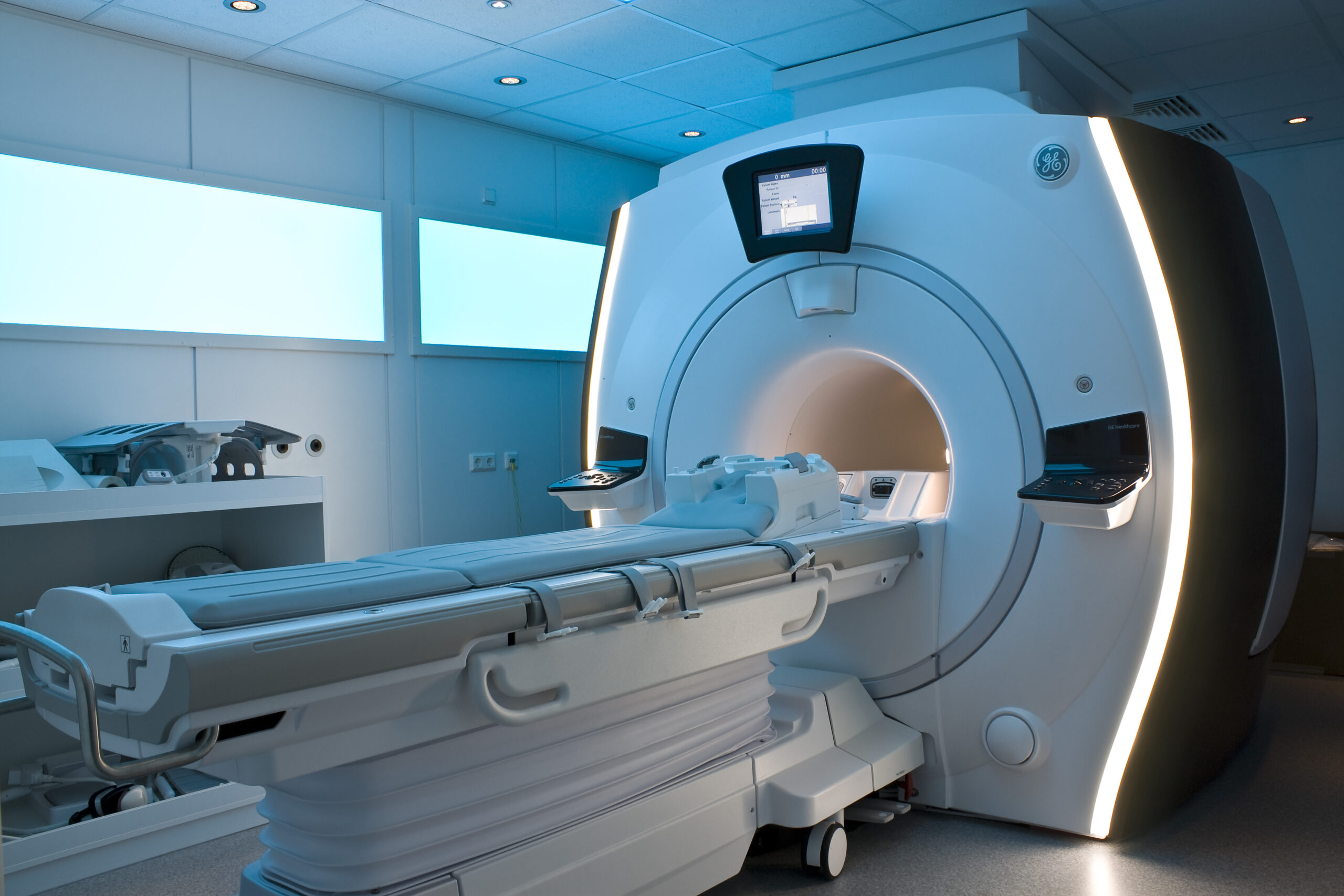An MRI application specialist is a medical professional who possesses expertise in magnetic resonance imaging (MRI) technology and its multifaceted applications within the realm of diagnostic imaging. This role is pivotal in ensuring that healthcare providers can utilize MRI technology effectively to enhance patient outcomes. MRI application specialists typically bridge the gap between advanced imaging technology and clinical practice, focusing primarily on optimizing the capacity for MRI units while facilitating the appropriate use of MRI scans in patient diagnostics.
The primary responsibility of an MRI application specialist encompasses various dimensions of MRI technology, including equipment functionality, image acquisition techniques, protocol development, and staff training. They collaborate with radiologists, technologists, and other healthcare personnel to tailor MRI solutions suitable for specific clinical requirements. Understanding these roles can yield valuable insights into the comprehensive nature of medical imaging and the advancements therein.
1. Role and Responsibilities of MRI Application Specialists
At the outset, an MRI application specialist engages in the crucial task of training and educating the staff on optimal usage of MRI equipment. This entails providing detailed instruction on how to correctly position patients, select appropriate imaging sequences, and troubleshoot common operational challenges. By enhancing the proficiency of technologists, application specialists ensure high-quality images and accurate diagnoses.
Moreover, specialists are instrumental in protocol development. Given the diverse range of clinical indications for MRI, they evaluate and implement imaging protocols. These protocols are standardized procedures that specify the necessary sequences, imaging parameters, and preparation steps tailored to specific diagnostic queries. Such meticulous attention to detail in protocol development optimizes the balance between image clarity and patient safety.
2. Technical Expertise and Proficiency
Technical expertise underpins the effectiveness of MRI application specialists. Mastery of various MRI systems, such as closed-bore and open-bore MRI machines, is paramount, as well as an in-depth understanding of the underlying physics of magnetic resonance. Specialists must possess the capability to troubleshoot hardware and software issues, ensuring uninterrupted service and minimal downtime for clinical operations.
This technical acumen extends to the interpretation of imaging artifacts—unwanted anomalies that may obscure diagnostic information. Knowledge of how various factors, including patient movement or magnetic field inhomogeneities, can create artifacts empowers application specialists to implement corrective measures proactively. As imaging technology continues to evolve, staying abreast of advancements in hardware and software is vital for maintaining an optimal imaging environment.
3. Quality Assurance and Safety Protocols
Quality assurance remains a critical aspect of the MRI application specialist’s role. They are responsible for conducting routine quality control checks, ensuring that the MRI equipment functions according to stringent standards. Compliance with national and international regulations is non-negotiable, and specialists facilitate this through regular equipment calibration, safety audits, and adherence to best practices.
Patient safety is an intrinsic component of MRI procedures. MRI application specialists must remain vigilant regarding contraindications, which include metallic implants, certain medical devices, and scenarios where patients may feel claustrophobic. Implementing safety protocols and educating patients regarding the procedure—such as providing information about the sound an MRI machine emits and the importance of remaining still—mitigates risks associated with the imaging process.
4. Contribution to Clinical Research and Development
Beyond their operational responsibilities, MRI application specialists often contribute to clinical research and development. Their expertise enables them to participate in studies aimed at exploring novel applications of MRI technology, such as advanced imaging techniques for early diagnosis of diseases or the integration of artificial intelligence into imaging protocols. These contributions are vital as they drive innovation and enhance the clinical utility of MRI scans.
In engaging in research, application specialists collaborate with radiologists and technologists to develop new imaging methodologies that can facilitate the diagnosis and treatment of various conditions. Their insights into practical challenges during implementation of new techniques help streamline processes while maintaining high standards of diagnostic integrity.
5. Educational Pathways and Certifications
To embark on a career as an MRI application specialist, a solid educational foundation is essential, typically requiring a degree in radiologic technology, biomedical engineering, or a related field. Professionals often hold certifications from recognized organizations, such as the American Registry of Radiologic Technologists (ARRT), which validate their professional expertise and competencies.
Continuing education is paramount in this multidisciplinary field, where technology and clinical practices are rapidly evolving. Specialists often pursue additional certifications in MRI technology, which increases their attractiveness in a competitive job market and demonstrates a commitment to maintaining up-to-date knowledge of advances within the field.
Conclusion
In summary, an MRI application specialist plays a vital role in modern diagnostic imaging, characterized by a blend of technical proficiency, educational engagement, and research contributions. Their expertise ensures that MRI technology is deployed effectively, thereby improving diagnostic accuracy and patient well-being. Given the complexity and rapid advancements in MRI technology, the future of this profession is multifaceted and filled with opportunities for continued growth and development in the healthcare landscape.












